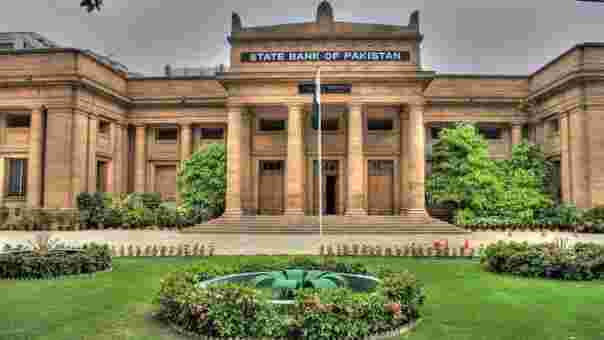Karachi, January 29, 2025 – The Institute of Cost and Management Accountants of Pakistan (ICMAP) has called upon the State Bank of Pakistan (SBP) to take a bolder and more proactive approach in reducing the policy rate, emphasizing the need for decisive action to stimulate economic growth and investment.
In its latest Monetary Policy Statement (MPS) Review, ICMAP welcomed the central bank’s recent decision to cut the policy rate by 100 basis points to 12%, hailing it as a step in the right direction. However, the institute reiterated its stance that a more aggressive 200 basis point reduction would have been more effective in addressing the economic challenges faced by businesses and industries. ICMAP remains hopeful that the SBP will continue to lower interest rates toward single digits, aligning monetary policy with the needs of the private sector to spur economic expansion.
Assessing the Relationship Between Credit Growth and Interest Rates
The ICMAP Research and Publications Department conducted an in-depth analysis of the interplay between private sector credit growth and real interest rates throughout 2024, offering key insights into Pakistan’s economic landscape. According to the report, credit expansion remained muted in the first half of the year, despite a dramatic shift in real interest rates from -6.3% in January to 10.2% in May. This sluggish lending environment was attributed to weak demand, subdued business confidence, and restrictive financial conditions.
By July 2024, private sector credit growth had contracted by -3.2%, even as real interest rates stood at 8.4%, signaling deeper structural impediments in the lending ecosystem. However, the monetary easing cycle that commenced mid-year, including a cumulative 1,000 basis point rate cut, gradually revitalized economic activity. Credit growth rebounded sharply, reaching 10.4% in October, 6.1% in November, and 7.0% in December, reflecting renewed optimism and improving financial conditions.
Future Economic Prospects and Policy Recommendations
The January 2025 MPS acknowledged a gradual resurgence in economic activity, with inflation projected to remain within the target range of 5-7%. While ICMAP commended the SBP’s monetary policy measures, it also cautioned that external risks—such as fluctuating global oil prices, fiscal deficits, and uncertain foreign capital inflows—could hinder sustainable credit growth and macroeconomic stability.
ICMAP outlined a series of targeted policy interventions to complement the rate cut, advocating for:
• Specialized low-interest lending programs for high-growth export sectors, including textiles, food processing, and automotive manufacturing, to enhance foreign exchange earnings and job creation.
• The adoption of digital financial solutions to improve tax compliance among SMEs, proposing the introduction of a digital tax invoice system to broaden the tax base and enhance fiscal discipline.
• Strategic support for innovation-driven industries, with financing incentives for startups in emerging sectors such as IT, artificial intelligence, and renewable energy.
• Public-private partnerships (PPPs) in agri-tech to develop climate-resilient crops and precision farming technologies, addressing concerns over declining agricultural productivity.
• Exploring a Central Bank Digital Currency (CBDC) as a modernization initiative, aimed at improving monetary policy transmission, enhancing financial transparency, and strengthening digital payment systems.
As Pakistan navigates a complex economic landscape, ICMAP remains steadfast in its belief that bold monetary reforms and strategic policy interventions are imperative for ensuring sustainable growth, enhancing industrial competitiveness, and fostering long-term financial stability.
